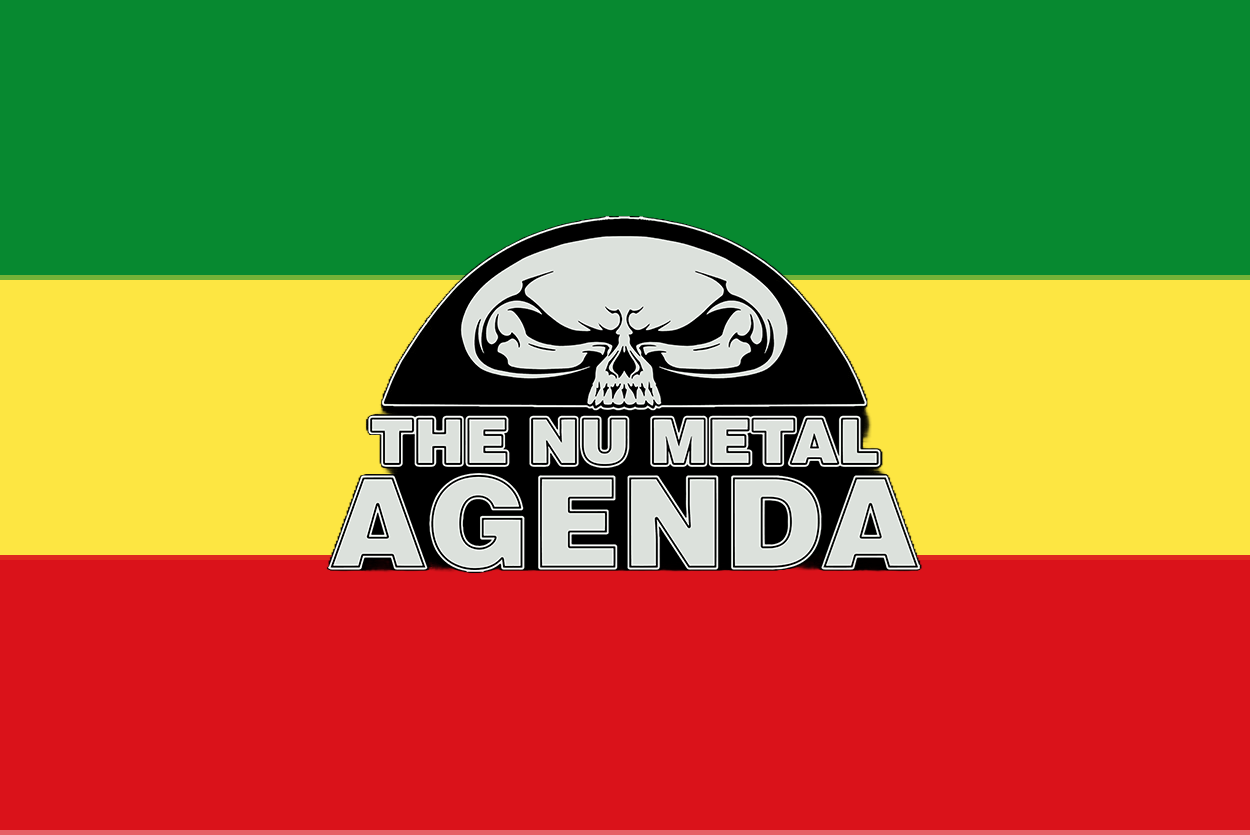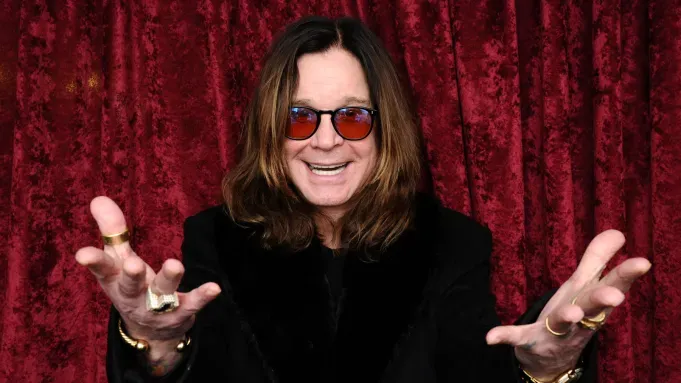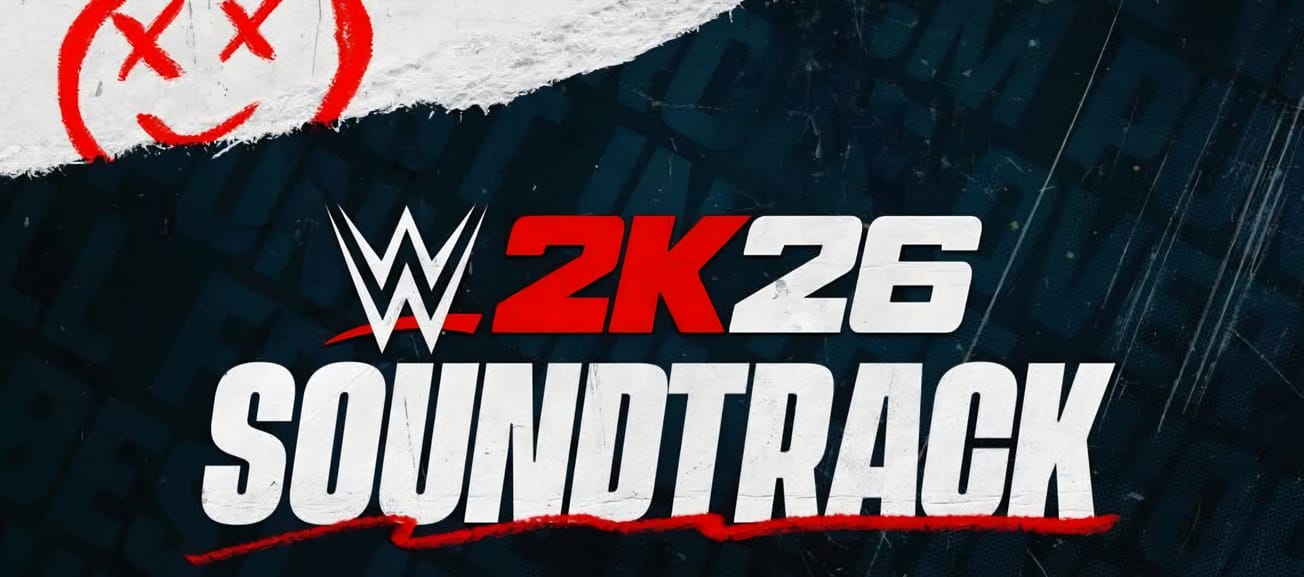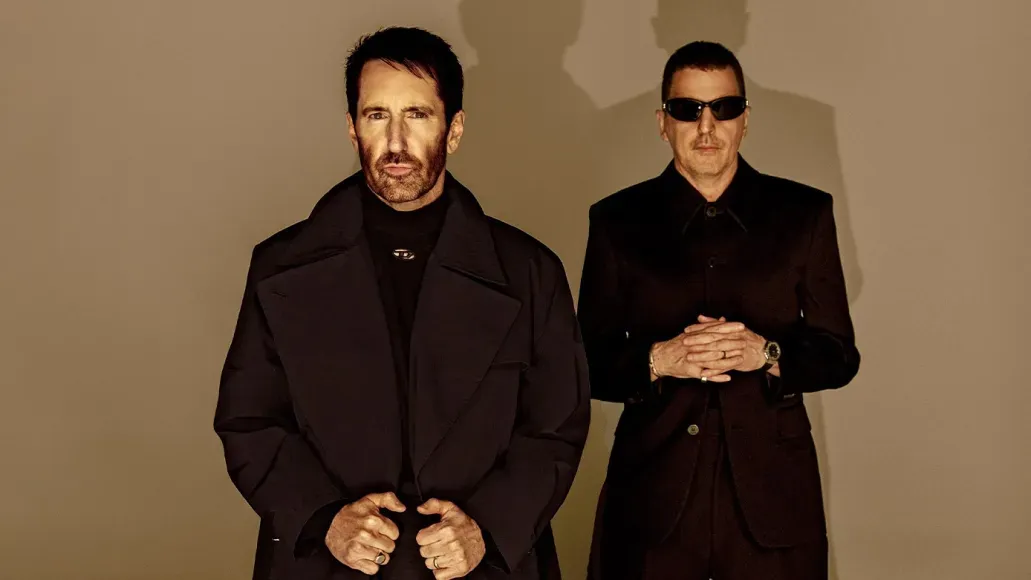In the mid-90s a suite of bands fusing Faith No More, Tool, Ministry, and Rage Against the Machine would invent nu metal. In the ensuing rush, many would be signed to major deals and sell millions of records. Then, at the dawn of the 2000s another suite of bands would sign to majors and sell millions of records by fusing... well, Tool with more Tool... and maybe A Perfect Circle. Chalk it up to frontman/ringleader Maynard James Keenan's sporadic work schedule leaving a vacuum big enough for bands that could diffuse his signature style into something radio-friendly to slip onto the charts, but the minor Maynard Gold Rush of the 00s produced more good music than you might think. Here's our round-up of the notables:
10 Years
Joshua Cummings
You ever hear an artist and think “I bet they would kill a cover of ____?” For me, that artist is 10 Years frontman Jesse Hasek. While he doesn’t have the same ferocity in his screams that Maynard does, his voice is just as intoxicating and haunting, in the best way. Songs like “Beautiful” and “Backlash” evoke different eras of APC. And if you’ve never heard it, check out their major label debut, The Autumn Effect, especially the title track. The band sounds like they could absolutely crush a cover of “The Outsider” or “3 Libras.” Overall, Maynard’s influence is all over the band, especially their early records. But the band outgrew that sound long ago, and is more than just a Tool/APC clone. 2024 is the 20th anniversary of their first album with Hasek, a testament to the band being able to evolve and find their own sound.
Chevelle
Terra Eyes
Much like Maynard James Keenan and his various musical outputs, Chevelle broke away from their contemporaries by exploring brooding sounds and introspective lyrics over whether they could be heavier or faster. If bands like Die Trying or Smile Empty Soul took inspiration from the punkier side of nu, Chevelle focused instead on slowing down, singing softly instead of screaming, evoking the same approach Tool took half a decade before brothers Pete and Sam Loeffler recruited Matt Scott, who would later be replaced by their brother Joe Loeffler. Although tracks like “The Red” and “The Clincher” have Tool-esque elements, the most prominent display of this influence is on their debut album, Point #1, which sounds like a collection of B-sides from the Undertow era, complete with a creepy claymation video for the track “Mia.” Though later releases seemed to have left the influences behind, the band's roots are firmly planted in soil Maynard James Keenan tilled.
Cog
Gabi Brown
Tool cast a long shadow in Australia in the early aughts, inspiring an above-average amount of homegrown, deeply moody progressive rock bands. The first of these to break through on the national scene was Cog, a 3-piece from Bondi Beach with sky-high ambitions. Like Tool, they wrote long songs, and weren’t afraid to play in off-kilter polyrhythms–the guitar riffs and drum patterns in early track “1010011010” are all written around the binary code for 666, and somehow it all still functions as a song. Drummer Lucius Borich provides a rhythmically dense foundation reminiscent of Danny Carey, but singer-guitarist Flynn Gower and his bassist brother Luke put their own spin on the formula. Flynn’s guitar work is mostly atmospheric, relying on a mix of sparse, evocative chords and downtuned riffing. And vocally, Gower sounds nothing like Maynard, adopting a simultaneously gruff and breathy delivery that adds a folk-influenced charm to the music. It fits perfectly because Cog is unabashedly political in a way Tool never was, simultaneously pushing up against and suffocating under 21st-century neoliberal malaise–in the 2005 music video for “Run,” Lucius Borich beats the ever-loving hell out of drums labeled “Bush Howard Blair Fuck Off,” calling out the then-leaders of the US, Australia, and the UK. It’s this feeling of knowing you probably can’t change the world, but can’t just say nothing, that Cog captures better than maybe any other band. We’re lucky to have them.
Earshot
Holiday Kirk
Unlike the other bands on this list, LA fivesome Earshot had no unique ideas to bring to the table, they were simply 'every Tool song with a radio edit' and a dream. And a considerable Warner Bros budget. Indeed, no nu-Maynard band did more with less than Earshot, whose lead singer Wil Martin doesn’t even bother coming up with a unique spin on Maynard’s tremulous belt, fooling thousands into believing they were literally hearing Maynard completely sell out. But all of that Warner money had to be going to his head, how else to explain the unbelievable flaccid histrionics of the “Wait” music video, in which Martin flops around in incel paroxysms, chasing a poor girl through a field woods at night to… infodump a Joe Rogan podcast episode at her? It’s certainly not to be romantic. Some decent hooks aside (and the first five seconds of “Wait” kick total ass) Earshot misses the mark.
Evans Blue
Cain Borgia
Original Evans Blue vocalist Kevin Matisyn is really what drives the Maynard-isms of the band, and arguably acts as the strongest thing about them. With him he carries a similar soft, almost anxious tone, and can snap right into the same pained cries akin to A Perfect Circle. Instrumentally, they certainly steer into the same moody, dark alternative direction, with tracks from their debut like “Cold (But I’m Still Here)”, “Stop and Say You Love Me” (probably the most Maynard performance on the whole album) and “Possession”, all feeling as if they could’ve been possible tracks on Mer De Noms. Even with their second album steering into a more aggressive direction, Evans Blue never loses sight of their melancholic charm and neither does Matisyn’s performance on tracks like “In A Red Dress and Alone” or “Fear”. It’s straightforward, catchy and effective. Debuting around the same time as a plethora of other alternative rock and metal bands all riding a similar melancholic wave had to have proven difficult, but their original vocalist really did a lot of the heavy lifting in making them memorable. Matisyn’s voice is unique, even with the Maynard comparisons; his voice shakes and soars, like he’s promptly at the edge of something. That gloom is especially apparent within tracks like “Beg” and “Painted”. Though Kevin would be voted out from the band in 2009, and later songs would still find the band downshifting into more predictable grown-men-going-through-it anguish rock, the loss of that voice is quite palpable. Of all of Maynard’s projects, Evans Blue can find themselves closer to the makings of A Perfect Circle— and they’re a fantastic son to be, especially their first album. If they’re new to your radar, "Stop and Say You Love Me", "Cold (But I’m Still Here)", and "Eclipsed" are perfect places to start.
Hurt
Holiday Kirk
Hurt dives headlong into the leering spirituality of Tool songs like "Judith" and "The Noose" but with less contempt, finding more of a middle ground between reverence and terror. And since Jesus gets a whole namecheck just two songs into their major label debut Vol. I (commanding some poor woman to murder her baby) you can presume Hurt wants you to know they're not fucking around. This is heady, serious stuff; real "grown men going through it" music. For anyone on a similar path, this will click. For everyone else, the commanding swirl of "Rapture" and radio-ready concessions of "Ten Ton Brick" will do just fine.
Karnivool
Gabi Brown
In a 2010 interview with Musicradar, Karnivool guitarist Drew Goddard speaks at length about Tool’s influence on the band, especially how their ability to sell out arena shows in Australia convinced them there was a market for heavy progressive music in their home country. The Perth 5-piece borrows a lot from the Tool formula–the eight-minute songs, a deep affinity for polyrhythms–but takes those influences and charts a distinct path. Their 2005 debut Themata combines nu-metal bounce riffs and Meshuggah-influenced rhythms with the infectious pop instincts and soaring vocal melodies of frontman Ian Kenny, and the band just keeps running from there. On their 2009 follow-up Sound Awake and 2013’s Asymmetry, Karnivool carves out and expands into their own unique lane, experimenting with longer songs and more complex time signatures, and bringing in heavy influence from post-rock with some of the most atmospheric guitar work in the genre. As experimental as they get, there’s always a thread of accessibility to their songwriting that partially explains why, like Tool, they’re still selling out Australian arenas. And if you’ve ever wondered what a didgeridoo sounds like in a prog arrangement, Karnivool’s your band.
Mudvayne
Christopher Redar
Oh Mudvayne- could you have made it any more obvious you were aping Tool on your major label debut? Even the liner notes scream "look at how unconventionally intelligent we are" with references to chemical compounds, evolutionary lineage, and every Joe Rogan fan's favorite drug guru, Terence McKenna. Drummer Matt McDonough does his best Danny Carey impression throughout, in particular on "Death Blooms" and "(k)now (f)orever." The big difference is vocally, Chad Gray sounds like he was being strangled while recording, a far cry from Maynard James Keenan's tortured yet completely intelligible delivery. Mudvayne doesn't stray too far from the formula on subsequent releases but L.D.50 is as close as the band ever got to being the working man's Tool, and it remains a unique example of a thoughtful album that you don't have to expend a single brain cell to enjoy.
Onesidezero
Holiday Kirk
If any other thing binds these bands together besides their devotion to Maynard's tremulous and rangy singing style it's a dedication to a very grim seriousness. And though I'd like them to be, LA's Onesidezero is no exception. First word on the first song of their first album? "Suicide." Sheesh guys. Yet, once you've cleared that gauntlet you'll discover that said debut Is This Room Getting Smaller? holds a decent bounty of tunes to discover, the best of which are "New World Order," with it's aggro rap touches, and the propulsive "Soak." Unfortunately, the album never got off the ground and Maverick Records dropped the band soon after the album's release. A shame, even if Onesidezero didn't innovate on the basic Maynard template they did add enough nu-metal uplift to stand out from the rest.
Honorable Mention: "Nobody Loves Me" by Limp Bizkit
Holiday Kirk
I can't prove that Fred Durst's explicit parody of Maynard's singing style during the bridge of this song contributed to his utter disgust with all things nu-metal but I can't prove it didn't either.










